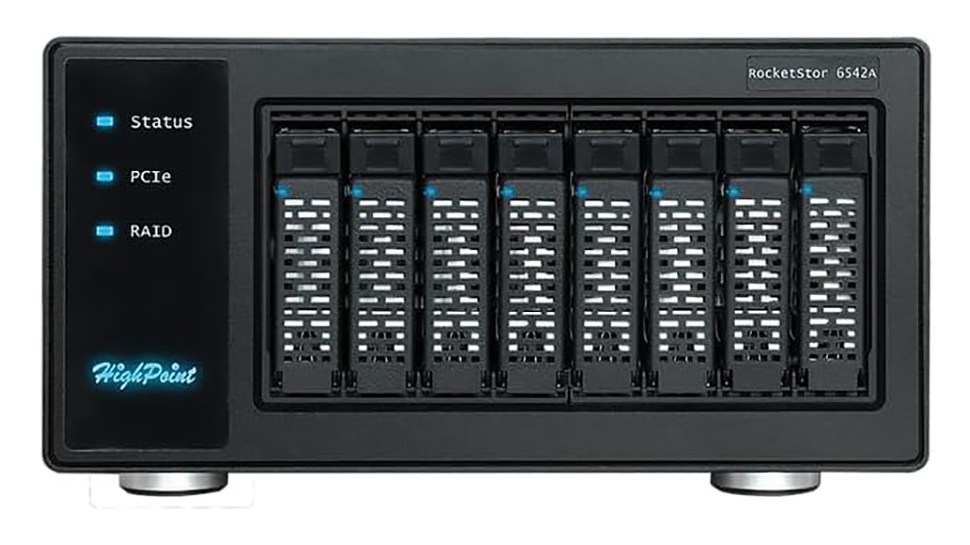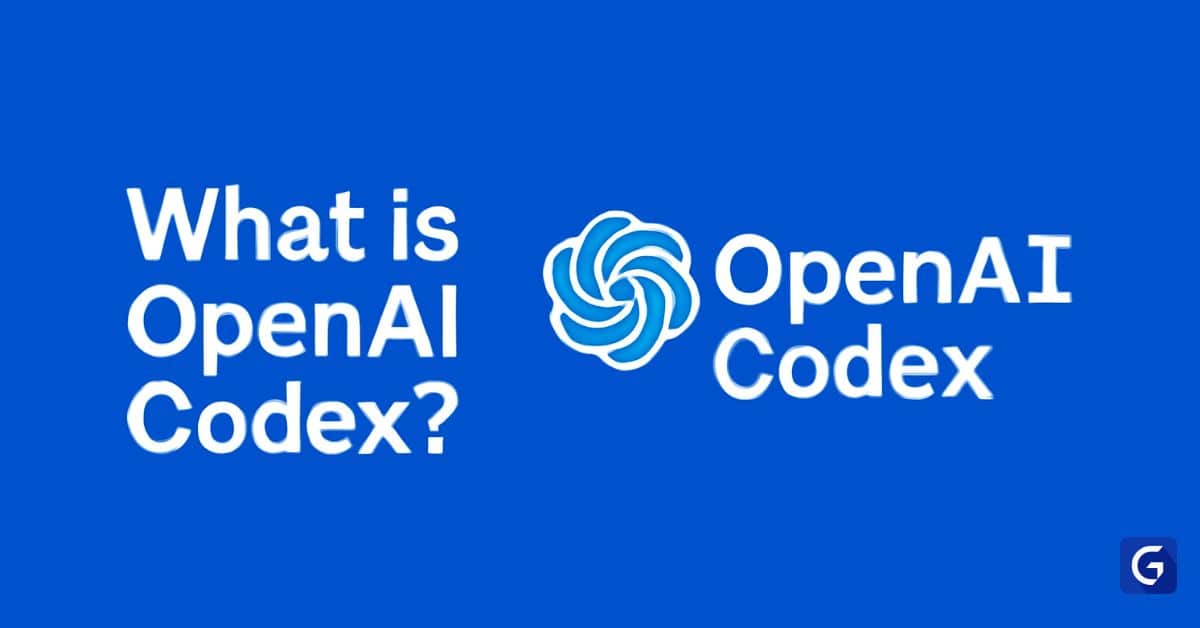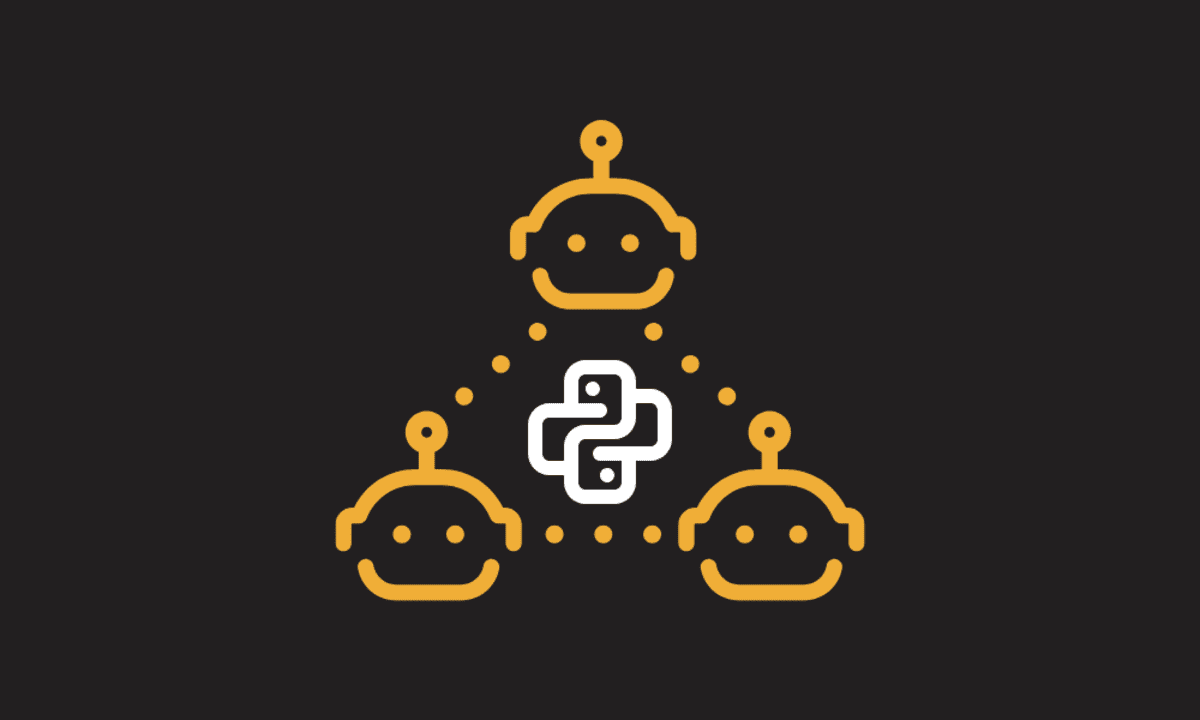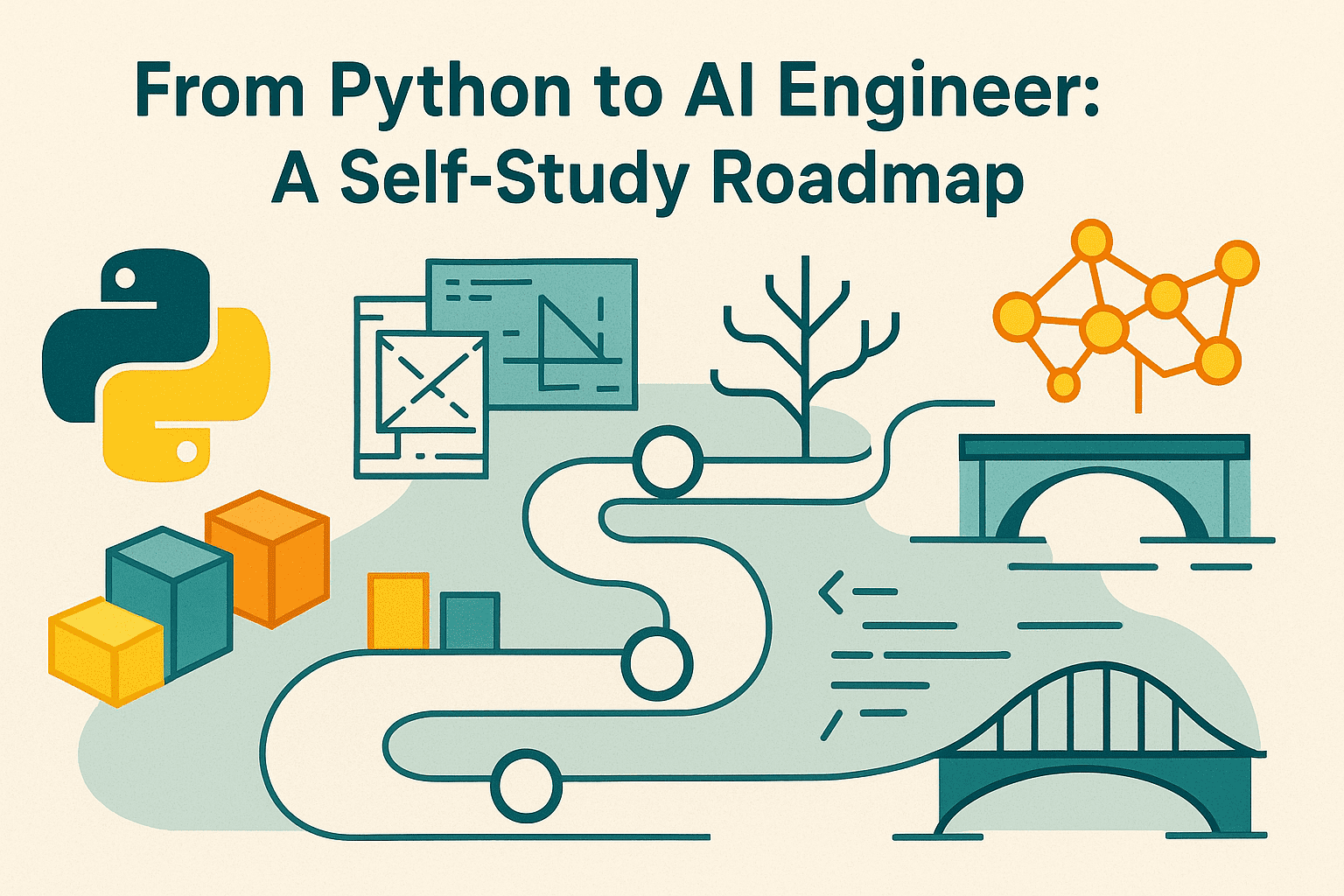From Data to Deployment: DevOps Teams Hire Data Scientists
Discover why DevOps teams are racing to hire data scientists in 2025.

DevOps teams traditionally focused on application deployment, infrastructure management, and system reliability. However, modern software systems generate massive amounts of operational data that require sophisticated analysis. This shift has prompted many DevOps organizations to hire data scientists who can transform raw metrics into actionable insights for system optimization.
The integration isn't just about adding analytical capabilities to existing workflows. DevOps teams now recognize that data-driven decision making significantly improves deployment success rates, reduces downtime, and enhances overall system performance. Companies with data-savvy DevOps teams report 23% fewer production incidents compared to traditional operations approaches.
This convergence has created a new breed of professionals who understand both operational challenges and analytical methodologies. When DevOps teams hire data scientists, they're investing in capabilities that bridge the gap between system performance and business outcomes.
Statistical Operations Becoming Standard Practice
Modern DevOps environments generate terabytes of log data, performance metrics, and user interaction data daily. Traditional monitoring tools provide basic alerting, but they can't predict failures or optimize resource allocation. Data scientists bring predictive modeling capabilities that transform reactive operations into proactive system management.
MLOps: Where Machine Learning Meets Operations
Machine Learning Operations (MLOps) represents the fastest-growing intersection between data science and DevOps practices. Organizations building AI-powered applications need professionals who understand both model development and production deployment requirements. This emerging field explains why many teams actively hire data scientists with operations experience.
MLOps involves deploying machine learning models at scale, monitoring their performance, and maintaining their accuracy over time. Traditional DevOps engineers excel at infrastructure management but often lack the statistical knowledge needed to evaluate model drift or retrain algorithms. Data scientists provide this specialized expertise while learning operational best practices.
The complexity of ML model lifecycle management requires unique skills that combine statistical understanding with engineering discipline. Teams that hire data scientists for MLOps roles report 40% faster model deployment cycles and significantly improved model reliability in production environments.
Model Versioning and Continuous Integration
Data science models require different versioning approaches compared to traditional software code. Model artifacts include training data, feature engineering logic, hyperparameters, and performance metrics. DevOps teams hire data scientists who understand these complexities and can implement proper CI/CD pipelines for machine learning workflows.
Predictive Infrastructure Management
Traditional infrastructure monitoring relies on threshold-based alerting systems that react to problems after they occur. Data scientists bring predictive capabilities that identify potential issues before they impact users. This proactive approach has revolutionized how DevOps teams manage cloud resources and plan capacity.
Predictive models analyze historical performance data, user behavior patterns, and resource utilization trends to forecast future needs. Teams that hire data scientists for infrastructure management can optimize costs by 25% through intelligent auto-scaling and resource allocation strategies.
Time series analysis, anomaly detection, and forecasting models have become essential tools for modern DevOps operations. These techniques require statistical expertise that traditional system administrators typically don't possess, creating demand for data science skills within operations teams.
Cost Optimization Through Analytics
Cloud computing costs continue rising as organizations scale their digital operations. Data scientists help DevOps teams analyze spending patterns, identify waste, and optimize resource allocation. Their analytical approach to cost management often uncovers savings opportunities that manual analysis misses.
Automated Incident Response and Resolution
DevOps teams deal with numerous incidents daily, from application errors to infrastructure failures. Data scientists contribute by building automated classification systems that categorize incidents by severity, assign them to appropriate teams, and even suggest resolution strategies based on historical patterns.
Machine learning models trained on incident data can predict which problems are likely to escalate and require immediate attention. This prioritization helps DevOps teams allocate their time more effectively and reduce mean time to resolution (MTTR) for critical issues.
When organizations hire data scientists for incident management, they typically see 30% faster resolution times and improved customer satisfaction scores. The ability to learn from past incidents and apply those insights to future problems provides significant operational advantages.
Pattern Recognition in System Failures
System failures often follow predictable patterns that human operators might miss. Data scientists excel at identifying these subtle relationships and building models that can detect early warning signs. This capability transforms DevOps from reactive firefighting to proactive problem prevention.
Performance Optimization Through Data Analysis
Application performance optimization traditionally relied on developer intuition and manual profiling tools. Data scientists bring systematic approaches to performance analysis, using statistical methods to identify bottlenecks and measure optimization impact accurately.
A/B testing methodologies from data science help DevOps teams validate performance improvements objectively. Rather than relying on subjective assessments, teams can measure the statistical significance of changes and make data-driven decisions about system modifications.
Teams that hire data scientists for performance optimization report measurable improvements in application response times, user engagement metrics, and system throughput. The scientific approach to performance tuning produces more reliable results than traditional trial-and-error methods.
User Experience Analytics
Modern DevOps extends beyond technical metrics to include user experience considerations. Data scientists help teams understand how system performance impacts user behavior, connecting technical improvements to business outcomes through comprehensive analytics frameworks.
Security Operations and Threat Detection
Cybersecurity has become a critical DevOps responsibility, and data science techniques significantly enhance threat detection capabilities. Traditional security tools generate enormous volumes of alerts, many of which are false positives that overwhelm security teams.
Data scientists develop machine learning models that can distinguish between legitimate security threats and benign anomalies. These models reduce alert fatigue by filtering out false positives while ensuring that genuine threats receive immediate attention.
Behavioral analytics represents another area where data science enhances security operations. By establishing baseline patterns for user and system behavior, data scientists can identify subtle deviations that might indicate security breaches.
Anomaly Detection in Network Traffic
Network traffic analysis requires sophisticated statistical techniques to identify unusual patterns that might indicate security threats. DevOps teams hire data scientists who specialize in network analytics to strengthen their security posture and reduce response times to potential breaches.
Continuous Improvement Through Metrics Analysis
DevOps culture emphasizes continuous improvement, and data scientists provide the analytical foundation for measuring progress objectively. Rather than relying on anecdotal evidence, teams can use statistical analysis to evaluate the effectiveness of process changes and tool implementations.
Key performance indicators (KPIs) for DevOps teams include deployment frequency, change failure rate, lead time, and recovery time. Data scientists help establish meaningful metrics, design measurement frameworks, and interpret results to guide improvement efforts.
When DevOps teams hire data scientists for metrics analysis, they gain the ability to prove the business value of their initiatives through rigorous data analysis. This capability strengthens their position within organizations and justifies investments in new tools and processes.
Business Impact Measurement
Connecting technical improvements to business outcomes requires sophisticated analytics that many DevOps professionals lack. Data scientists bridge this gap by developing models that link operational metrics to revenue, customer satisfaction, and other business indicators.
Skills Integration and Career Development
The merger of DevOps and data science creates exciting career opportunities for professionals willing to develop cross-functional skills. DevOps engineers who learn statistical analysis become more valuable, while data scientists who understand operations can apply their skills more effectively.
Educational programs now offer specialized tracks that combine DevOps practices with data science methodologies. These programs prepare professionals for roles that didn't exist five years ago but are now essential for modern technology organizations.
Organizations that successfully integrate these disciplines create competitive advantages through superior operational intelligence. The ability to make data-driven decisions about infrastructure, deployment strategies, and system optimization sets leading companies apart from their competitors.
Building Cross-Functional Teams
The most successful DevOps organizations don't just hire data scientists as separate specialists. Instead, they build integrated teams where data science capabilities are embedded throughout operational processes, creating a culture of analytical thinking that improves all aspects of system management.
Future Trends and Opportunities
The integration of data science and DevOps will continue deepening as systems become more complex and data-driven decision making becomes standard practice. Organizations that invest early in this convergence will gain lasting competitive advantages through superior operational capabilities.
Emerging technologies like edge computing, IoT devices, and 5G networks will generate even more operational data that requires sophisticated analysis. DevOps teams that hire data scientists today position themselves to handle tomorrow's challenges effectively.
The future belongs to organizations that treat operations as a data science discipline. Companies that embrace this transformation will deliver better user experiences, reduce costs, and maintain competitive advantages through superior system reliability and performance optimization capabilities.


_Christophe_Coat_Alamy.jpg?width=1280&auto=webp&quality=80&disable=upscale#)


































































![Apple Shares Official Trailer for Season 2 of 'The Buccaneers' [Video]](https://www.iclarified.com/images/news/97414/97414/97414-640.jpg)
![Apple Highlights Ceramic Shield, Stolen Device Protection, and More in New Ads [Video]](https://www.iclarified.com/images/news/97416/97416/97416-640.jpg)
![Xiaomi Tops Wearables Market as Apple Slips to Second in Q1 2025 [Chart]](https://www.iclarified.com/images/news/97417/97417/97417-640.jpg)














![This ultra-thin Qi2 charger belongs in any travel pack [Hands-on]](https://i0.wp.com/9to5mac.com/wp-content/uploads/sites/6/2025/05/Kuxiu-FI.jpg.jpg?resize=1200%2C628&quality=82&strip=all&ssl=1)











-xl.jpg)














































































.webp?#)


























































































































![[The AI Show Episode 148]: Microsoft’s Quiet AI Layoffs, US Copyright Office’s Bombshell AI Guidance, 2025 State of Marketing AI Report, and OpenAI Codex](https://www.marketingaiinstitute.com/hubfs/ep%20148%20cover%20%281%29.png)

















































































































![[FREE EBOOKS] The Embedded Linux Security Handbook, Modern Generative AI with ChatGPT and OpenAI Models & Four More Best Selling Titles](https://www.javacodegeeks.com/wp-content/uploads/2012/12/jcg-logo.jpg)
















































![Laid off but not afraid with X-senior Microsoft Dev MacKevin Fey [Podcast #173]](https://cdn.hashnode.com/res/hashnode/image/upload/v1747965474270/ae29dc33-4231-47b2-afd1-689b3785fb79.png?#)























.png?width=1920&height=1920&fit=bounds&quality=70&format=jpg&auto=webp#)









































































